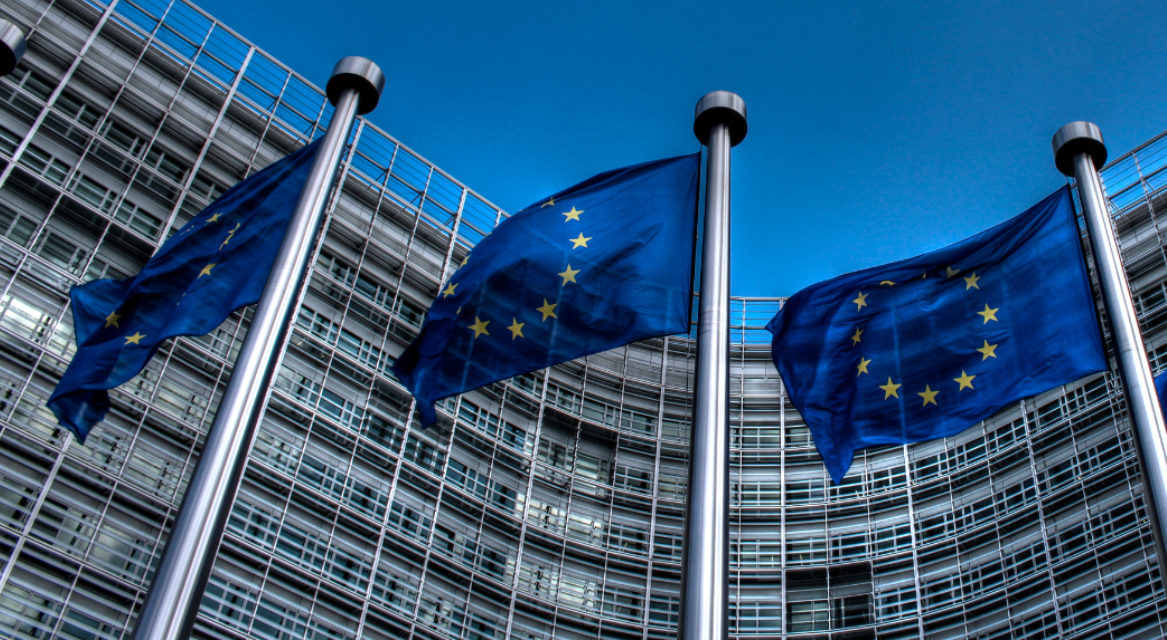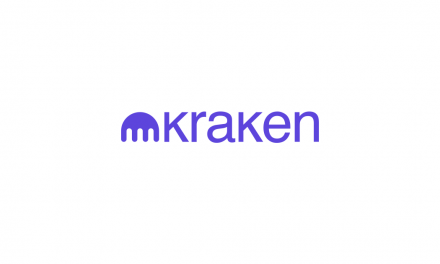The European Union (EU) has taken a notable stride in regulating the dynamic and fast-paced realm of cryptocurrencies by formally signing new rules into law regarding crypto licensing and anti-money laundering (AML). These regulations are designed to provide a framework that fosters transparency, security, and accountability within the cryptocurrency industry across EU member states. This article delves into the key aspects of the newly implemented regulations and their potential impact on the cryptocurrency landscape.
Strengthening the Regulatory Landscape
The decision of the EU to adopt new rules pertaining to crypto licensing and anti-money laundering reflects its commitment to establishing a secure and transparent environment for digital asset transactions. The following are the primary highlights of these regulations:
1. Crypto Licensing Requirements
Under the new regulations, cryptocurrency service providers operating within the EU will be required to obtain licenses. This includes entities such as cryptocurrency exchanges, wallet providers, custodial services, and other intermediaries engaged in cryptocurrency-related activities. The licensing process necessitates meeting specific criteria, including robust security measures, sufficient financial resources, and adherence to anti-money laundering (AML) and counter-terrorism financing (CTF) regulations.
2. Compliance with AML and CTF Measures
The newly implemented regulations prioritize the prevention of money laundering and terrorist financing risks associated with cryptocurrencies. Crypto service providers will be obligated to implement comprehensive AML and CTF measures, which involve conducting customer due diligence, monitoring transactions, and reporting suspicious activities. The introduction of stringent regulatory oversight aims to safeguard the integrity of the financial system and mitigate illicit activities within the cryptocurrency space.
3. Heightened Consumer Protection
By establishing licensing requirements and enforcing stringent AML measures, the EU endeavors to enhance consumer protection in cryptocurrency transactions. Licensed service providers will be expected to adhere to rigorous operational standards, thereby ensuring the safeguarding of user funds and personal information. These regulations aim to instill confidence among investors and promote trust in the rapidly expanding cryptocurrency market.
4. Collaborative Regulation Among Member States
To ensure consistent implementation and enforcement, the EU encourages close collaboration among its member states in regulating the cryptocurrency industry. Such cooperation facilitates the sharing of information, coordinated supervision, and the exchange of best practices, thereby fostering a unified approach to cryptocurrency regulation within the EU.
Implications for the Cryptocurrency Industry
The adoption of these new regulations entails both challenges and opportunities for the cryptocurrency industry operating within the EU. The following are potential implications:
1. Compliance Costs and Operational Challenges
Complying with licensing requirements and AML obligations may impose additional costs on cryptocurrency service providers. These entities will need to allocate resources toward implementing robust compliance frameworks, conducting audits, and maintaining ongoing regulatory oversight. Small startups and innovative ventures may encounter obstacles in meeting these requirements, potentially leading to market consolidation.
2. Strengthened Market Integrity and Investor Confidence
The new regulations aim to enhance market integrity by mitigating the risks associated with money laundering and terrorist financing in the cryptocurrency sector. By promoting transparency and accountability, these measures can attract institutional investors and traditional financial institutions, thereby fostering mainstream adoption of cryptocurrencies.
3. Harmonized Regulation across Borders
The harmonization of cryptocurrency regulations among EU member states facilitates cross-border activities and fosters a level playing field for market participants. Standardized licensing requirements and AML obligations reduce regulatory arbitrage and enhance cooperation among jurisdictions, thereby promoting regulatory certainty and establishing a more stable operating environment.
4. Innovations in Compliance Technologies
The need to comply with stringent AML and CTF measures is likely to drive innovations in compliance technologies and solutions. Regulatory technology (Regtech) and blockchain-based solutions may emerge to streamline and automate compliance processes, thereby reducing costs and increasing efficiency for cryptocurrency service providers.
Conclusion
The EU’s adoption of new regulations concerning crypto licensing and anti-money laundering represents a significant step toward promoting transparency, security, and consumer protection within the cryptocurrency ecosystem. By establishing clear guidelines and requirements for cryptocurrency service providers, the EU aims to encourage responsible growth and sustainable development within the industry while safeguarding the interests of investors and users alike.





